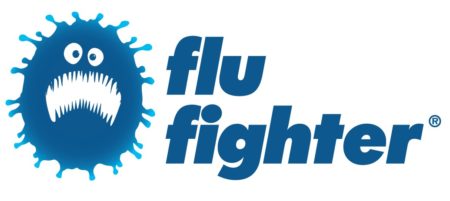The nature of hospitals, where there are many sick people in close proximity inevitably increases the risk of infection.
The Trust takes healthcare associated infections very seriously and a huge amount of work is done across the Trust’s hospitals in a bid to reduce the number of these infections amongst our patient groups.
Initiatives include deep cleans, mandatory training for all staff around infection prevention and control and improving specific antibiotic prescribing.
Alcohol hand rubs are available at the entrance to each ward and department across all our hospital sites. Information and advice is also displayed in these locations and within the wards and departments to ensure individuals understand the importance of correct and appropriate hand decontamination.
Visitors are encouraged by ward staff to wash their hands on entering and leaving the patient’s room or bedside and are asked not to sit on patients beds when visiting.
Members of the public are also advised not to visit patients in the hospital if they are unwell themselves.
It is important that all persons within a hospital, not just staff undertake appropriate effective hand hygiene.
The Trust’s rates of MRSA and Clostridium difficile continue to compare favourably with those of many similar hospitals in England and Wales however we cannot afford to be complacent as bacteria like to survive and adapt to fight off the effects of antibiotics resulting in antibiotic resistance.
The infection control team works with healthcare staff both within the organisation and across boundaries to ensure that our annual programme of work is actioned, reviewed and updated to ensure that we all work to objectives aimed at minimising and controlling infection.
Hand hygiene
Cleaning hands is one of the simplest, and most effective ways to prevent bacteria (germs) being passed from person to person.
All staff, patients and visitors should clean their hands on a regular basis.
Staff can help protect you by washing their hands or by cleaning them with the alcohol hand rub before examining you or providing care. If a member of staff needs to examine you, do not be afraid to ask if they have cleaned their hands.
Patients and visitors are also welcome to use the alcohol hand rub to clean their hands before and after entering a clinical area.
You should wash your hands i.e. with soap and water:
- After visiting the toilet or using a commode
- Before eating or handling food
- If your hands are dirty
- Before visiting a patient and again before leaving the ward.
- In cases of C.diff or norovirus
All staff should clean their hands before and after they have direct contact with you.
Outbreaks of illnesses
Hospitals are a primary focus for patients seeking help with illness and it is very important to take steps to contain and help prevent the spread of infectious diseases. Hospital outbreaks usually include outbreaks of norovirus (diarrhoea and vomiting) in a number of patients and influenza (flu) like illnesses.
There are several simple measures that you can take to help stop it from escalating. These include frequent hand washing, covering coughs and sneezes with a sleeve or tissue and staying home when having several episodes of diarrhoea and/or vomiting or experiencing flu like illness yourself.
Visiting
Anyone visiting our hospitals must comply with our visiting policy. Latest information on visiting can be found on the news section.
#flufighter campaign
From October right through until March, the Trust offers free vaccinations against the flu to all frontline ULHT workers.
Since the programme began back in 2002, our vaccinations rates have risen year on year and last year we were delighted to see 89.9% of staff receive their flu jabs – the highest we have achieved to date.
This year we are aiming to achieve an even higher percentage, to ensure that our staff remain as healthy as possible at work, which in turn will help protect all our patients and their families.

